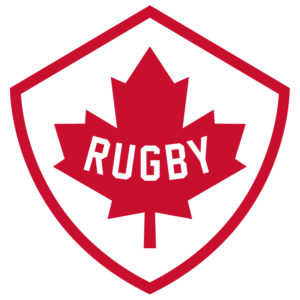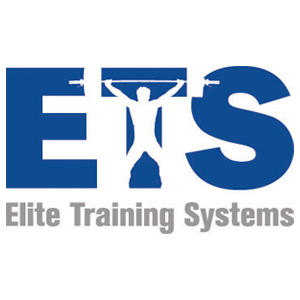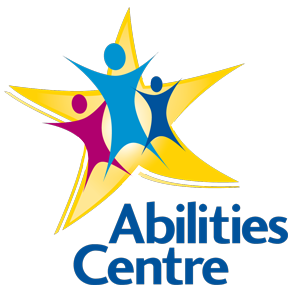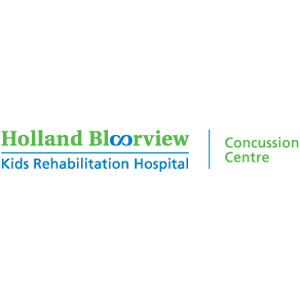Coaches Information
Understanding your risk & your household’s risk
Returning to in-person rugby activities is optional. Each coach, official, team manager or therapist is responsible for determining if attending any in-person rugby activity is safe for you and your household. You should also consider the risk to your workplace, especially if you are a health care worker or an essential worker. Factors may change over time and you should be regularly re-assessing your risk and the risk to your entire household and workplace.
When making that decision, consider the following aspects of COVID-19:
- Research indicates that children and adolescents are just as likely to become infected as any other age group and can spread the disease. (Source: WHO)
- COVID-19 causes a respiratory (lungs) type infection that is mild in most of the population (approximately 80%) but can be more severe in those who are older adults or those with chronic underlying conditions.
- The known underlying health conditions that put one at greater risk for COVID-19 include diabetes, hypertension, asthma, chronic lung disease, severe heart conditions, chronic kidney disease, obesity, or a weakened immune system.
- Individuals with disabilities interacting with multiple care providers/supports and friends have an increased risk of contracting COVID-19 due to increased exposure.
How to Prepare in advance of Return to Activity
Education
It is highly recommended that all coaches, officials, team managers and therapists complete relevant World Rugby COVID-19 Courses: https://playerwelfare.worldrugby.org/covid-19-courses.
Coaches and officials must ensure that they adhere to Rugby Canada’s PlaySmart Guidelines, which include World Rugby Rugby Ready, World Rugby Concussion Management for the General Public and Laws of the Game where applicable, as well as maintaining a current background screening check.
Managing Expectations
There are many benefits to participating in sport, both physically and emotionally. The coach has a role in building the whole person by ensuring that playing our game is an enjoyable experience in the player’s life journey. We should all understand the impact which this pandemic has had on everyone, and that our return will be gradual, and we should adopt a long-term development approach. What was a player’s desire and objective prior to the pandemic may have changed, and a greater importance should be placed on being physically active, social interaction and a player’s emotional wellbeing.
Get Organized
The coaching process, plan – do – review, is a critical tool in getting organized and creating a safe and enjoyable environment for all, both physically and emotionally. Coaches should continue to take time to plan out their sessions, taking into account the restrictions that may be in place. Coaches will need to be creative to ensure that the sessions outcome may be achieved in different ways. The reflection can be as important as the planning, and taking the time to reflect upon what went well and what can be improved upon next time, will help build foundations for the players to continue to want to return and stay involved.
Plan Your Communications
As coaches we will be challenged in how we communicate with our players, and how players communicate with one another. Coaches should encourage players to self-organize when possible and keep activity levels high. Reduce the need for team huddles, and perhaps use other forms of communication to support your verbal communication, such as pre-prepared activity cards which the players can look at. Often coaches will motivate their players with positive interactions such as high fives and fist pumps, and these interactions should be minimized until social restrictions are removed.
- Responsibility of Care
Returning to group training environment is going to be a vastly different experience for everyone as restrictions necessitated by the Covid-19 pandemic start to be lifted. In addition to changes in ‘how’ teams are able to train and the mitigation efforts required to train (i.e. masks, physical distancing), there will be a psychological component that accompanies the extent of changes, and the accumulated effects of the previous isolation period.
Coping with the uncertainty around COVID-19 has been challenging for everyone, but young people may be having an even tougher time during the pandemic. Social isolation, school closures, and uncertainty about what all this means for their friends and family are just a few of the concerns young children and teens may have at this time.
As shared by Canada’s Sport Medicine Advisory Committee (May 20, 2020) and adapted from psychology expert Dr. Bill Howatt, coaches can anticipate 3 individual types of reactions:
- Come back to training with no issues – let’s get back at it!
- These individuals have not been significantly impacted and are ready to start training.
- Need to manage these individuals’ expectations regarding the “new normal” and be clear on risk mitigation procedures to which they must adhere.
- Fearful and anxious of contamination or second wave
- These individuals have high levels of fear and anxiety of exposure to virus and may not be comfortable with returning to group training yet feeling the pressure to do so.
- Need to explore individual comfort levels and respond without judgement, creating a psychologically safe environment for all to train and choice for all involved.
- Personally, impacted by COVID-19 or experienced secondary trauma
- These individuals are significantly impacted financially, psychologically, and/or emotionally as a result of COVID-19 related losses (e.g., loss of loved ones, job loss).
- Need to be sensitive to personal circumstances and have options for necessary supports with potential gradual reintegration.
The following list of resources can be referred to and shared with players or their parents/guardians to support players’ mental health wellness:
- Anxiety Canada, numerous free resources including Talking to Kids About COVID-19: https://www.anxietycanada.com/articles/talking-to-kids-about-covid-19/
- Canadian Mental Health Association, numerous free resources and Provincial directories: https://cmha.ca/
- Here2Talk, 24/7 new mental-health counselling and referral service for post-secondary students: here2talk.ca
- Hope for Wellness Helpline, offers immediate mental health counselling and crisis intervention to all Indigenous peoples across Canada: https://www.hopeforwellness.ca/
- Kids Helpline, Available 24 hours a day to Canadians aged 5 to 29 who want confidential and anonymous care from professional counsellors: https://kidshelpphone.ca/get-info/were-here-for-you-during-covid-19-novel-coronavirus/
- Wellness Together Canada, offers the following at no cost to Canadians (1) Wellness self-assessment and tracking; (2) self guided courses, apps and other resources; (3) Group coaching and community of support; and (4) Counselling by text or phone: https://ca.portal.gs/



















